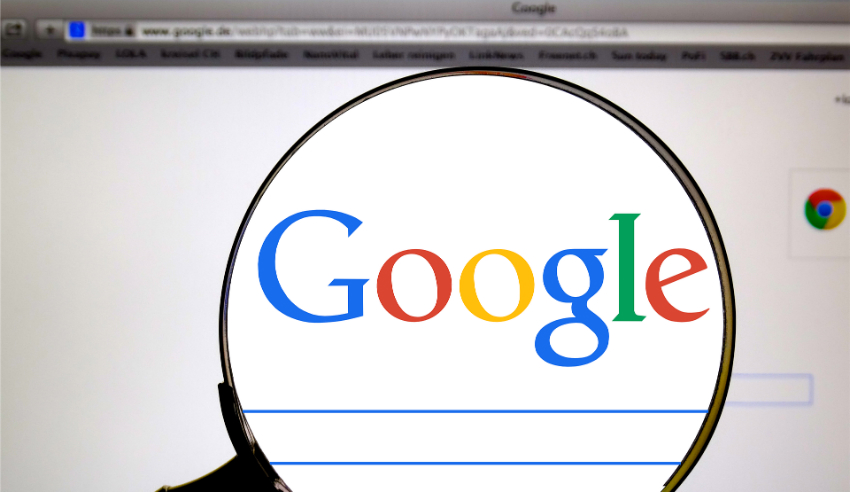A recent High Court decision to summarily dismiss a Victorian appeals court decision that blocked Milorad Trkulja from pursuing a defamation action, will see a jury consider whether image search results and predictive search terms are capable of conveying a defamatory imputation.

The High Court of Australia has acknowledged the potential for defamation to be established in the case of Victorian man Milorad (Michael) Trkulja. He has been trying to sue Google for the publication of images of mob figures, which appeared alongside his own image when entering the words “Melbourne criminal underworld photos” into the global search engine several years ago. Among the other photos to appear in Google’s search results, were images of Mick Gatto and Chopper Read.
Google’s autocomplete function, which predicts the words associated with search terms, was also defamatory, Mr Trkulja argued, because phrases such as “criminal”, “underworld” and “is a former hit man” came up as suggestions when his name was entered in the search box.
Last Wednesday (13 June) the HCA allowed Mr Trkulja’s defamation case against Google to proceed, reversing a Supreme Court of Victoria appeal decision that there was no real prospect of success for his action against the US-based company.
Google’s barristers, instructed by Ashurst Australia, argued that the proceeding should be set aside for three reasons: First, they argued Google had not published the allegedly defamatory search results; second, they claimed the search results in issue were not actually defamatory of Mr Trkulja; and they also claimed that Google was entitled to immunity from suit.
While the primary judge had rejected this application, the Victorian Court of Appeal upheld the second ground on the basis that “the search results were not capable of bearing the defamatory imputations pleaded”.
Speaking to Lawyers Weekly, King & Wood Mallesons partner John Swinson (pictured) said that the lower court had dismissed the case before it had the opportunity to go to trial and without full evidence or cross examination.
“For emerging technologies, such as search engines, the High Court stated that Mr Trkulja should be allowed to go to trial, so that the facts could be properly ascertained,” Mr Swinson said.
“The law of defamation is very clear, but how it should be applied to search engine results needs a proper trial with a jury, not summary judgment without full evidence.”
In 2012, he successfully established in the Victorian Supreme Court that Google had defamed him by publishing his image alongside gang figures but that win was overturned on appeal. Given the HCA’s decision, Mr Trkulja will now have an opportunity to put his evidence that between 1 December 2012 and 3 March 2014, Google published defamatory images.
“Google will now have to face the music at trial, which will consider Google’s responsibility as publisher of search engine results,” Mr Swinson said.
